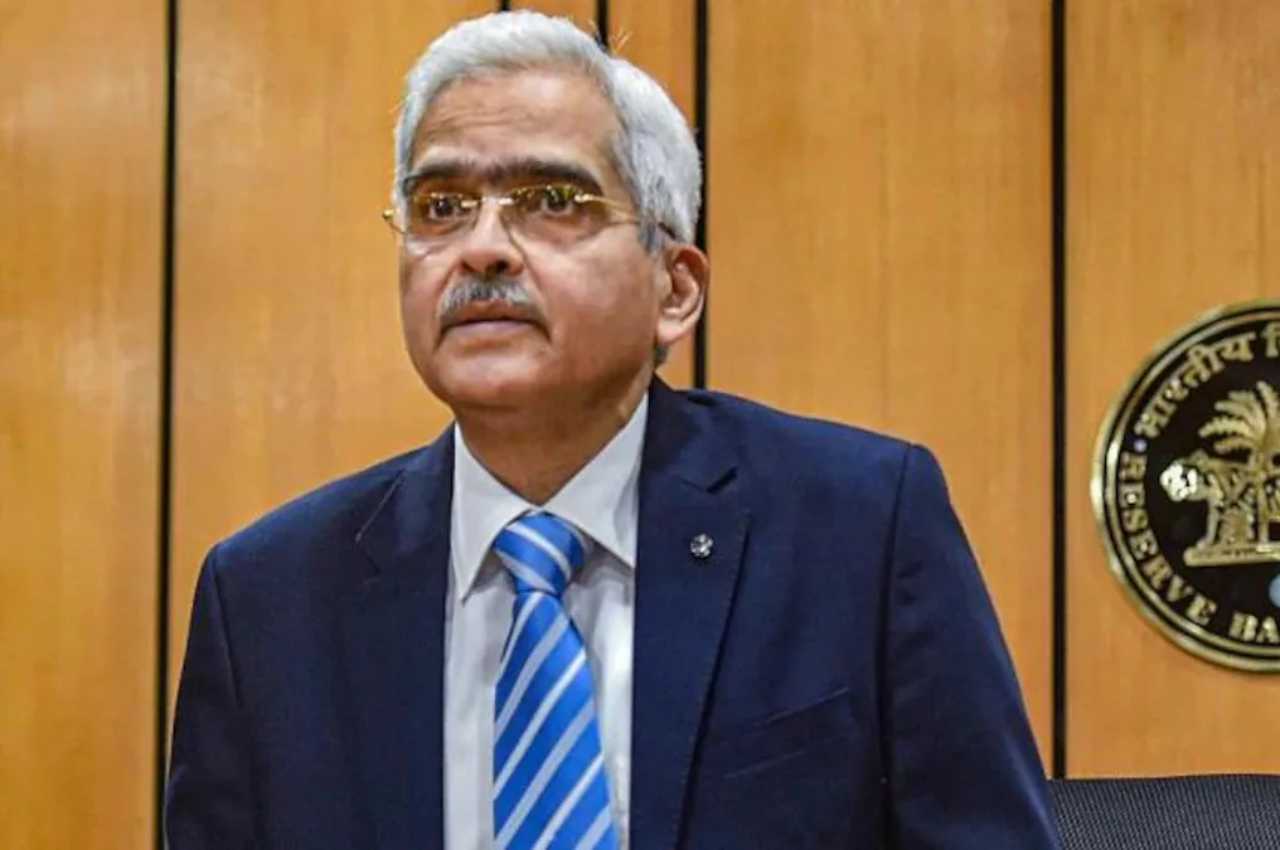New Delhi: Shaktikanta Das, governor of the Reserve Bank of India, said that the Digital Banking Units (DBU), which Prime Minister Narendra Modi inaugurated on Sunday, will strengthen the nation’s digital infrastructure even more.
“This will act as an enabler in the digital ecosystem and will improve customer experience by facilitating seamless banking transactions,” Das said in his speech. “The DBUs will augment our efforts to promote financial inclusion by providing banking services in a paperless, efficient, safe and secure environment.”
Savings, credit, investment, and insurance are just a few of the various financial services that the DBUs will be providing.
“On the credit delivery front, to start with, the DBUs will provide end-to-end digital processing of small ticket retail and MSME loans, starting from online applications to disbursals,” Das said.
Also Read: CBI files chargesheet against former DHFL CMD, 74 others in bank fraud case
DBUs will also offer services in connection with a few specific government-sponsored programmes.
Self-service and assisted modes of delivery will be accessible for the goods and services in these Units, with self-service mode being available every day, all day long.
Nirmala Sitharaman, the finance minister, announced during the 2022–2023 Union Budget that 75 DBUs will be established. The RBI then released the necessary guidelines after conferring with the Indian Banks Association and other professionals in the sector.
“It is heartening to note that the commercial banks – both in the public and private sectors – have responded very positively to this initiative. Seventy five DBUs have been set up in a record six months’ time in 75 districts of the country to commemorate 75 years of our independence,” Das said.
The establishment of DBUs is a cooperative initiative of the member banks, the Indian Banks Association, the Centre, and the RBI.
Also Read: India’s focus on FDI to create opportunities of $475 bn in next five years, says EY-CII report
“The banks are also free to engage the services of digital business facilitators and business correspondents to expand the footprint of the DBUs,” he added.
The majority lender in the nation, State Bank of India, has opened 12 of the 75 DBUs, which are located, among other places, in East, North, and West Sikkim, Balod in Chhattisgarh, and Port Blair in the Andaman & Nicobar Islands. Eight DBUs, including ones in Varanasi, Kota, and Vadodara, have been established by Bank of Baroda.
The largest private sector bank in the nation, HDFC Bank, has established four DBUs in Haridwar, Chandigarh, Faridabad (Haryana), and South 24 Parganas (WB). The second-largest private sector bank, ICICI Bank, has also established four DBUs, one in each of the following cities: Dehradun, Karur (Tamil Nadu), Kohima, and Puducherry.
Read More :- Latest Business News













